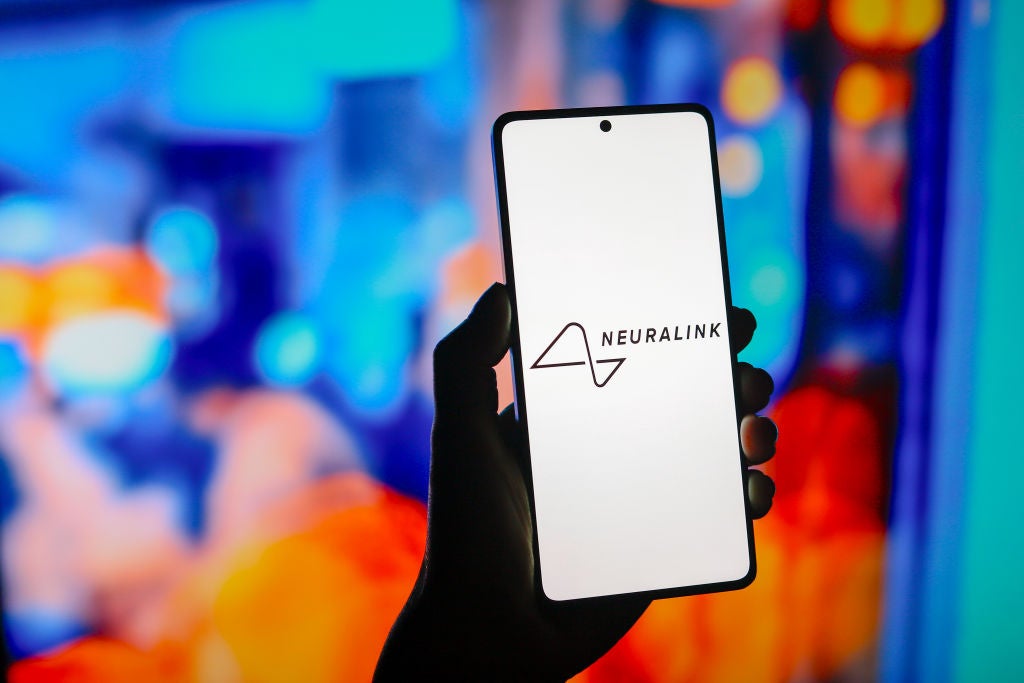
Elon Musk’s brain-computer interface company, Neuralink, has successfully implanted a chip into its second human patient, according to the billionaire founder.
The device is designed to give paralysed people the ability to use a computer using brainwave prompts.

Access deeper industry intelligence
Experience unmatched clarity with a single platform that combines unique data, AI, and human expertise.
Neuralink implanted its first human patient in January. Since the implant, the first patient has reportedly been able to play video games, post on social media and browse the internet.
Talking on a podcast on Friday (2 August), Musk said Neuralink’s chip is working “extremely well with the second implant”.
“There’s a lot of signal, a lot of electrodes. It’s working very well,” Musk said.
The patient, who also spoke on the podcast, said that he initially had issues with the chip after the implant. Following the implant, the tiny wires from the chip retracted which reduced the amount of electrodes which could measure his brain signals.

US Tariffs are shifting - will you react or anticipate?
Don’t let policy changes catch you off guard. Stay proactive with real-time data and expert analysis.
By GlobalDataNeuralink was able to resolve the issue by making a number of changes to the chip, including making its algorithm more sensitive.
Musk claimed that the patient has continued to improve the speed with which he can control a laptop cursor with his thoughts, sometimes “with only roughly 10, 15% of the electrodes working,” Musk said.
Neuralink’s Telepathy
Neuralink’s first product is named Telepathy and allows users to control their phone, computer and almost any device just by thinking, Musk previously said in a post on X.
“Imagine if Stephen Hawking could communicate faster than a speed typist or auctioneer. That is the goal,” Musk wrote.
Musk’s Neuralink is not the only company that has implanted devices into humans.
École Polytechnique Fédérale in Lausanne, a public research university in Switzerland, engineered BCI technology that allowed a paralysed man with a spinal cord injury to walk again.
The man was able to move his limbs just by thinking through electronic implants placed on his brain and spine.







